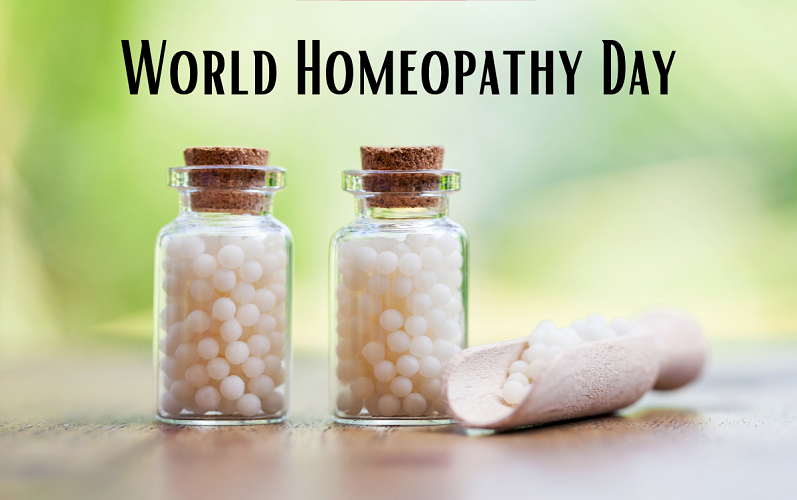– An article by Shivani Gadre
To honor the birth anniversary of Dr. Samuel Hahnemann, the father of homeopathy, World Homeopathy Day is observed annually on April 10th. Dr. Hahnemann was born on this date in 1755 in Germany, and is renowned for creating the principles of homeopathy, which involve “like cures like.”
On this special day, homeopathy practitioners and enthusiasts worldwide engage in various events and activities to promote the benefits of homeopathy, and raise awareness about its principles and practices. These activities may include seminars, workshops, free consultations, and discounted homeopathic treatments and medicines. World Homeopathy Day provides an excellent opportunity for the homeopathy community to unite, share knowledge and experiences, and commemorate Dr. Hahnemann’s contributions to the field of alternative medicine.
The decision to choose between homeopathy and allopathy (conventional medicine) depends on individual needs, preferences, and medical conditions. Both homeopathy and allopathy have their unique approaches, benefits, and limitations.
Homeopathy is a system of alternative medicine that is based on the principle of “like cures like.” Homeopathic remedies are derived from natural substances such as plants, minerals, and animal products, and are highly diluted to stimulate the body’s natural healing processes. Homeopathy is known to be a gentle and non-invasive approach that aims to treat the root cause of the illness, rather than just addressing the symptoms. It is also believed to have no side effects and can be used safely for all ages. On the other hand, allopathy is based on the use of drugs and surgery to treat illnesses. Allopathic medicines are often synthetic and can have side effects. Allopathic treatments are usually designed to manage the symptoms of the disease, rather than addressing the underlying cause.
Homeopathy is often considered a placebo because the dilution levels of homeopathic remedies are so high that there is very little to no active ingredient left in the final preparation. According to the principles of homeopathy, the more diluted a substance is, the stronger its therapeutic effect. However, scientific studies have not found evidence to support the efficacy of highly diluted homeopathic remedies in treating illnesses beyond the placebo effect. The placebo effect is a phenomenon where a person’s belief in a treatment’s effectiveness can lead to an improvement in their symptoms, even if the treatment itself has no active ingredients or medical properties. Studies have shown that the placebo effect can be powerful and can result in significant improvements in a patient’s symptoms.
While some people may believe in the therapeutic benefits of homeopathy, there is no scientific evidence to support the effectiveness of highly diluted homeopathic remedies beyond the placebo effect. It is important for individuals to consult a qualified healthcare professional and discuss all available treatment options to determine the best approach for their unique health needs.
While both Homeopathy and Allopathy have their strengths and weaknesses, the choice of which to use ultimately depends on individual preferences and medical conditions. It is important to consult a qualified healthcare professional to determine the best approach for one’s unique health needs.


















